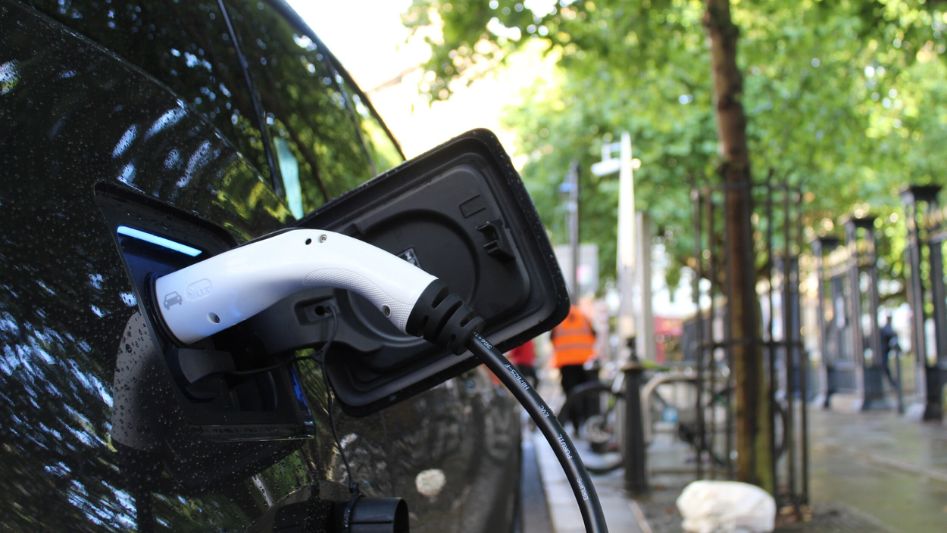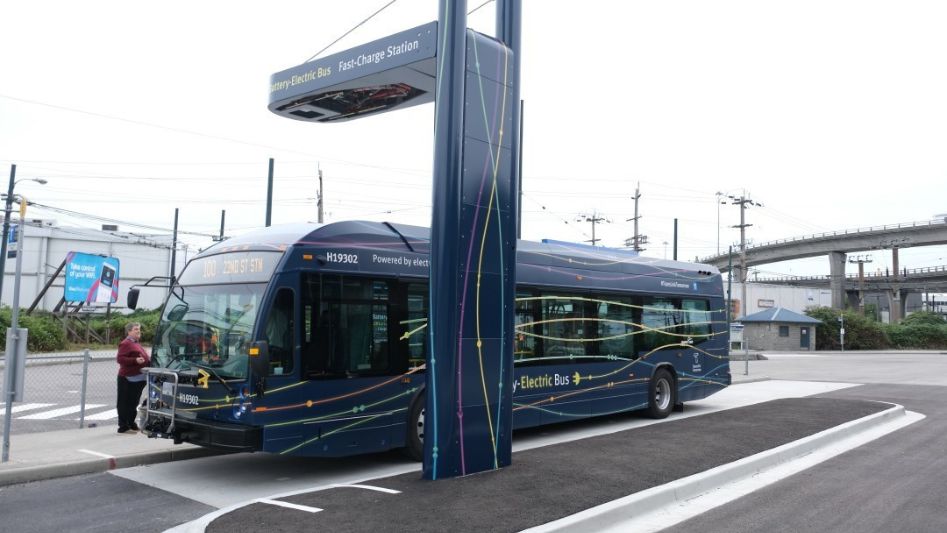Welcome to an exciting exploration of the transformative power of green energy in the transportation sector! In this article, we will delve into the ways in which the adoption of renewable energy sources is revolutionizing how we move from point A to point B. From electric vehicles to sustainable fuels, the transportation industry is undergoing a significant shift towards a greener future. So fasten your seatbelts and join us on this enlightening journey!
Table of Contents

The Rise of Electric Vehicles
Electrifying the Roads
The widespread adoption of electric vehicles (EVs) is a key driving force behind the transformation of the transportation sector. With advancements in battery technology, EVs are becoming more affordable, efficient, and practical for everyday use. These vehicles run on electricity, which significantly reduces greenhouse gas emissions compared to their fossil fuel counterparts.
Charging Ahead
As the demand for electric vehicles continues to grow, the need for a robust charging infrastructure becomes paramount. Charging stations need to be conveniently accessible and capable of delivering fast and reliable charging solutions. Efforts are underway to expand the charging network, with both public and private entities investing in the installation of charging stations across the country.
The Economic and Environmental Benefits of Electric Vehicles
Embracing electric vehicles offers numerous advantages. Not only do EVs reduce carbon emissions and help combat climate change, but they also contribute to improved air quality, thanks to zero tailpipe emissions. Additionally, electric vehicles have lower operational costs due to the lower cost of electricity compared to gasoline or diesel. The economic and environmental benefits of electric vehicles make them a compelling choice for eco-conscious individuals and businesses alike.

Sustainable Fuels
Beyond Electrification
While electric vehicles dominate the headlines, there are other sustainable fuels that hold great promise for the transportation sector. Biofuels, such as ethanol and biodiesel, are derived from renewable sources like plants and algae. These fuels can be used in existing combustion engines with minimal modifications, making them a viable option for reducing carbon emissions in the short term.
Hydrogen
Hydrogen fuel cell vehicles represent another exciting avenue for a greener transportation future. These vehicles use hydrogen gas to produce electricity, emitting only water vapor as a byproduct. Hydrogen fuel cells have the potential to offer long-range capabilities and quick refueling times, similar to traditional gasoline-powered vehicles. However, the challenge lies in establishing a hydrogen infrastructure and ensuring a sustainable and cost-effective production process.

Conclusion
As we conclude our journey through the transformative power of green energy in the transportation sector, it is evident that the winds of change are blowing strong. The rise of electric vehicles and the exploration of sustainable fuels are paving the way for a greener, cleaner, and more sustainable future of transportation. By embracing these technologies and advocating for their widespread adoption, we can collectively drive the change towards a more environmentally friendly transportation sector.
FAQ
How is green energy transforming the transportation sector?
Green energy is transforming the transportation sector by revolutionizing the way vehicles are powered. The shift towards electric vehicles and the exploration of alternative fuels like biofuels and hydrogen are reducing carbon emissions and promoting sustainability.
Are electric vehicles the only solution for a greener transportation sector?
No, electric vehicles are not the only solution. While EVs are gaining traction, there are other sustainable fuels like biofuels and hydrogen that offer potential alternatives to traditional fossil fuels.
How does the adoption of green energy in transportation benefit the environment?
The adoption of green energy in transportation significantly reduces greenhouse gas emissions, contributing to the fight against climate change. It also improves air quality by reducing harmful pollutants that impact human health and the environment.
What challenges need to be overcome for widespread adoption of green energy in transportation?
The widespread adoption of green energy in transportation faces challenges such as the establishment of charging or refueling infrastructure, ensuring cost-effectiveness, and addressing range limitations for alternative fuel vehicles.
You May Also Like
- THE FUTURE OF TRANSPORTATION: ELECTRIFICATION AND SUSTAINABLE MOBILITY
- REVOLUTIONIZING ENERGY: HOW GREEN TECHNOLOGY IS CHANGING THE GAME
- CLEAN ENERGY, CLEAN WORLD: HOW RENEWABLE ENERGY CAN SAVE THE PLANET
- HOW POSSIBLE IS TO CREATE A PLANE FUELED BY HYDROGEN?
- THE IMPORTANCE OF SUSTAINABLE BUILDING DESIGN FOR A GREEN FUTURE
